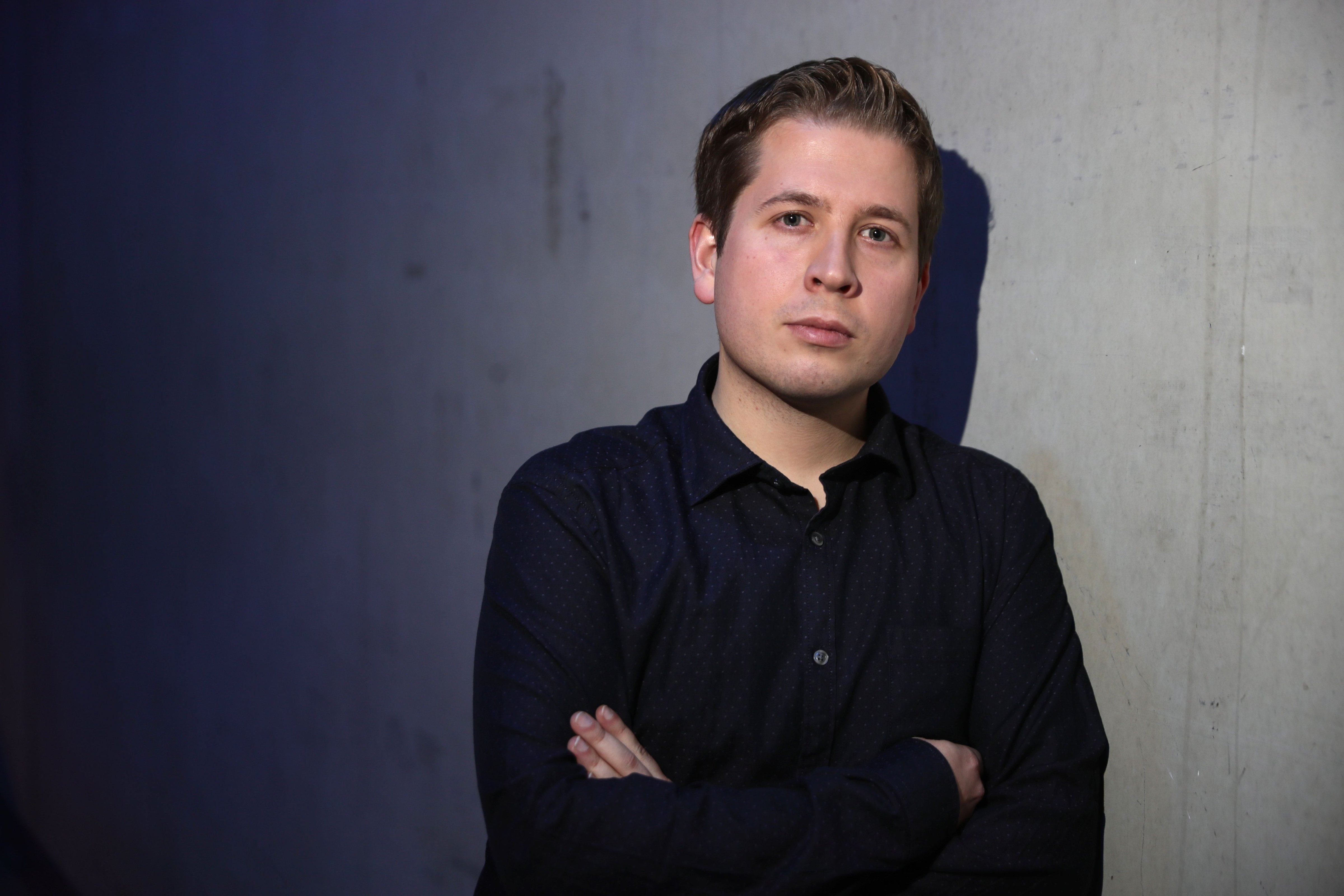In his hoodie and loose-fitting jeans, Kevin Kühnert doesn’t seem like he would be a nemesis for German Chancellor Angela Merkel. But this spring, the 28-year-old—dubbed Milchgesicht (“Baby Face”) by German tabloids—nearly managed to topple Europe’s most powerful leader.
Kühnert first rose to prominence last November, when he was elected to run the Social Democratic Party (SPD) youth wing, a position that has long been a springboard into government. Soon after, the SPD—which had recently suffered a disastrous election result—broke its promise to lead the left-wing opposition and instead agreed to join the government of its conservative rival, Merkel. “They lost touch with our principles,” Kühnert says. Instead of clinging to power as Merkel’s junior partner in a coalition government, the SPD should return to its left-wing roots and lead a proper defense of refugees, employment rights and the welfare system, Kühnert argues.
“So we launched a resistance,” he says. For weeks Kühnert traveled the country urging party members to reject the colorless centrism of the coalition government. In the end, the young activist failed to get enough support; 66% of SPD members voted to back the “grand coalition.” Nonetheless, he kick-started a national debate—both about the future of the SPD, which has lost more than half its members since 1990, and about the future of German politics in general—that rages on to this day.
In the wake of Kühnert’s defeat, some supporters have suggested he abandon the SPD to start a new political group. But for now, at least, he remains committed to serving the party he joined at age 15, albeit in his own way. “What we need,” Kühnert says, “is to remember what we stand for.”

- Donald Trump Is TIME's 2024 Person of the Year
- Why We Chose Trump as Person of the Year
- Is Intermittent Fasting Good or Bad for You?
- The 100 Must-Read Books of 2024
- The 20 Best Christmas TV Episodes
- Column: If Optimism Feels Ridiculous Now, Try Hope
- The Future of Climate Action Is Trade Policy
- Merle Bombardieri Is Helping People Make the Baby Decision